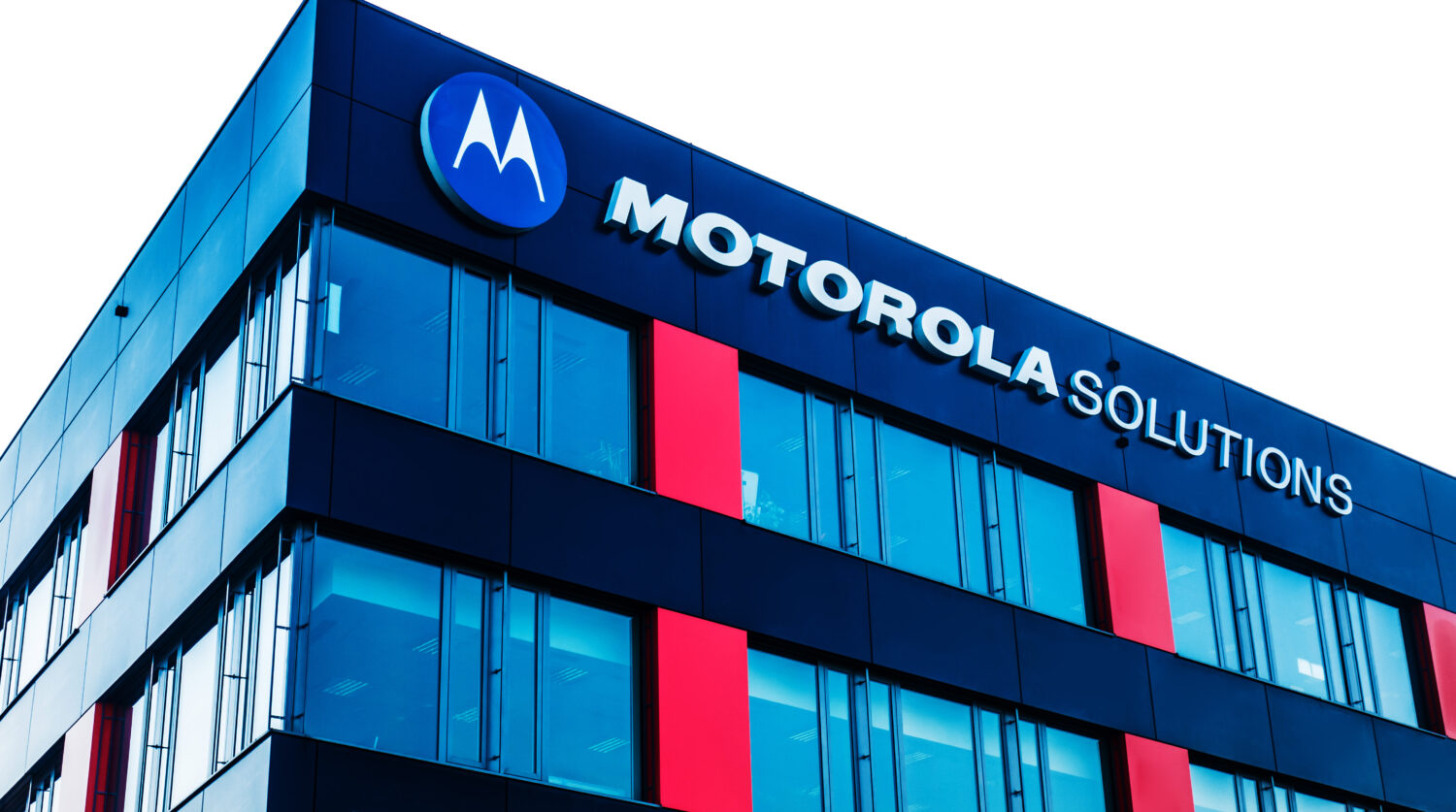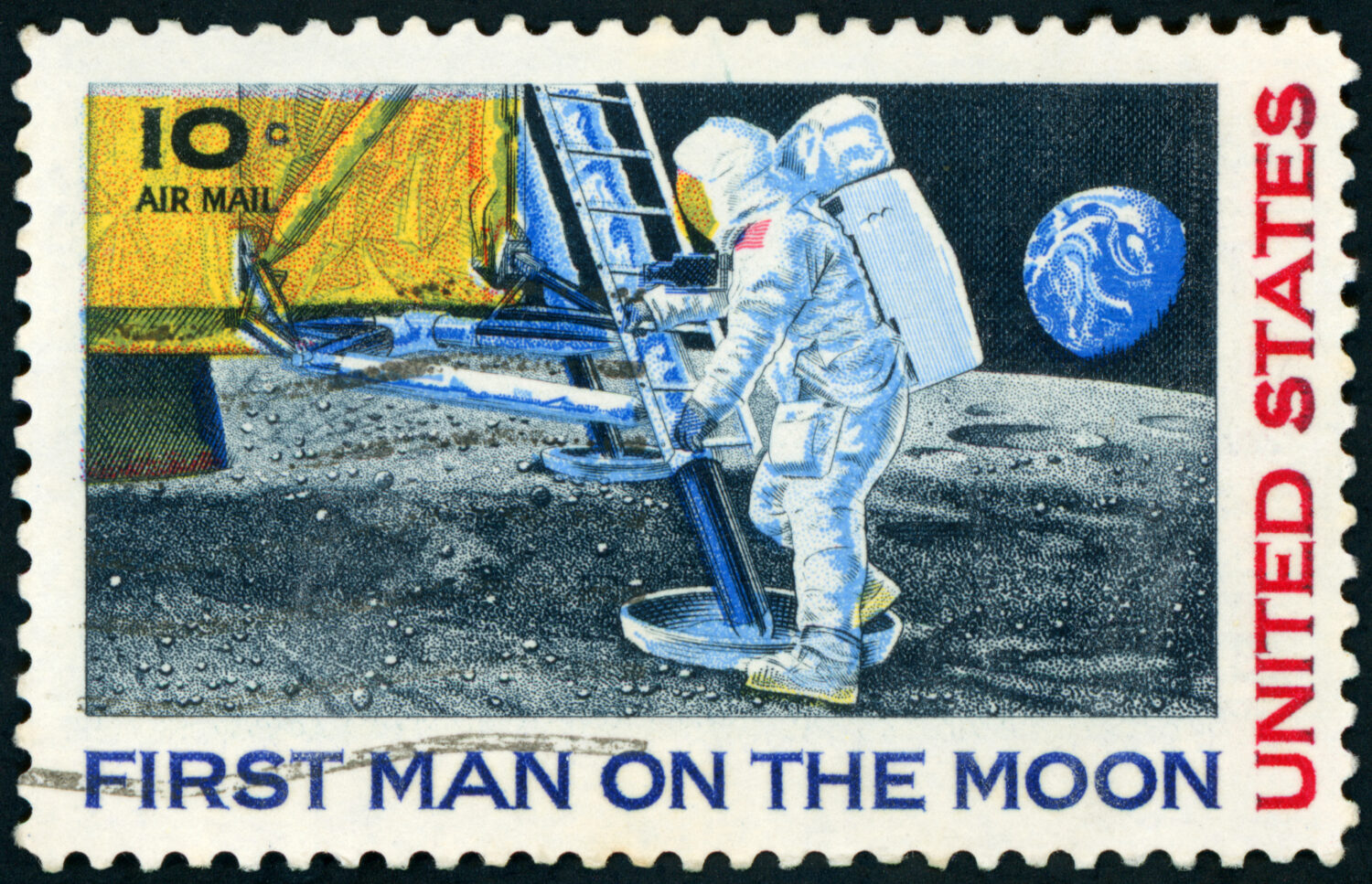How Motorola Solutions’ CFO is digitising the finance function
Executive vice president and CFO Jason Winkler explains how his company is accelerating its use of cutting-edge technologies while capitalising on existing IT investments
Executive vice president and CFO Jason Winkler explains how his company is accelerating its use of cutting-edge technologies while capitalising on existing IT investments

Amidst the echoes of Neil Armstrong’s historic moonwalk, a new saga of innovation is unfolding in the corporate cosmos. Motorola Solutions, renowned for propelling Armstrong’s words back to Earth through its S-Band transponder, is once again poised at the forefront of transformation.
However, this time, the star is not a radio satellite but Jason Winkler, the CFO who is orchestrating a digital symphony within the finance function.
“Digitisation is very important for both the finance department and the company as a whole as it enables transformation,” he tells The CFO.
“We want to transform, and build, a better finance function and the most important thing we want to achieve is better insights so that we can get rid of mundane tasks and free up resources for more value-adding activities.”
Motorola Solutions is one of the world’s largest global communication companies, employing over 20,000 people across the Americas EMEA and APAC. In 2022, the business achieved $9.11 billion in revenue.
The Chicago-based company has built a strong reputation for developing solutions which help build safer communities, specialising in what it calls critical communications.
This includes two-way radio; emergency call handling; video security and access control; and managed and support services. Within this sphere, its track record of innovation includes the use of its radio equipment for communications in Apollo space missions to the analytics powering smart cities.
Today, Motorola continues to innovate with communication products and services for the police, fire and rescue services, and emergency medical services, as well as education, healthcare, hospitality, the oil and gas sectors, retail, and transport and logistics.
But Motorola’s innovative mindset is not siloed to its product and delivery team – its finance function is also pioneering new ground with the adoption of emerging technologies such as robotic process automation (RPA) and generative artificial intelligence (AI).
RPA has enabled Motorola’s finance department to automate many tasks previously handled manually such as the recognition and reading of vendor invoices.
“RPA has been highly beneficial to areas like accounts payable (AP) and accounts receivable (AR),” says Winkler. “Our aim is to free up finance resources to work on forward-looking tasks like forecasting, which has become much more important after the challenges experienced during the pandemic.”

For Winkler, creating a team which is as dynamic as possible is his core goal.
He adds that the finance function’s digitisation progress has created new opportunities for staff, enabling them to engage in more interesting work, and has also helped to attract and retain talent.
“We are in the early innings of Generative AI and are hopeful that it will give us results quickly,” he says, noting that these types of new tools are popular with younger staff.
“Our interns today learn about Generative AI in school, and they want to differentiate themselves, continue to learn about new tools and are eager to use them.”
Digitisation has been a core pillar of Motorola’s finance teams’ strategy for over a decade – today, it is able to capitalise on the investments it has made.
“We have continued to make enterprise resource planning (ERP) investments that are not on a large scale but aimed at getting more out of our existing systems,” Winkler says.
“We engage with our solution vendors and ask questions about whether we are making full use of everything as we want to look for more opportunities.”
Motorola’s current ERP efforts are focused on extending the power of its ERP to more end users – including its customer base where its chatbot serves as a typical example.
“We are becoming much more focused on self-service and self-service is now even available to customers that need advice on how to configure a product. This ultimately lowers the cost of investment in our systems and has really helped to transform the business,” says Winkler.

Digitisation projects always raise questions over whether a company is following the right strategy; making the right investments and deploying the right tools. Winkler believes he has found a way to solve this dilemma.
“I have tried to think from the outside in,” he explains. “This means regularly talking to my peers and trying to learn about what they are doing.
He points out that he actively engages with other business leaders to find out about their use of cloud technologies and Generative AI to understand whether Motorola’s use of similar tools are being used to their fullest potential.
“We have built a watch tower around our use of cloud technologies and are benchmarking against our peers,” he says. “Vendors are always pitching solutions at companies, but it is important to cast a critical eye and look at their success rate and their customer list.”
Another hurdle that is often faced when new solutions are introduced is achieving end-user buy-in.
“Every time you go through an ERP upgrade there is always a change aspect. We spend a lot of time engaging with end users so that they are familiar with the product investment and are ready to embrace it,” Winkler says.
“At Motorola, we want to be agile and fast with IT projects that are smaller and shorter so that our people can easily learn about the changes.”
The success of any project, however, hinges on whether company data is accurate, Winkler says. He notes it is important for any business to ensure customer data is cleansed, specifically identifying customer and vendor data that could be out of date or inaccurate.
“Making sure your data is clean eliminates challenges further down the track,” he says.
Winkler believes today’s CFO must be technologically astute and notes that his early career in IT, including time spent working as a consultant at Oracle, has benefited him.
“The finance function is strongly aligned with the whole business and therefore the CFO must play a very supportive role in digitisation,” he says. “This includes evaluating any IT investments made and considering the timeline and prioritisation that is needed.”
Winkler points out he must make sure investments made are those which will have the greatest beneficial impact on Motorola’s teams and add maximum value.